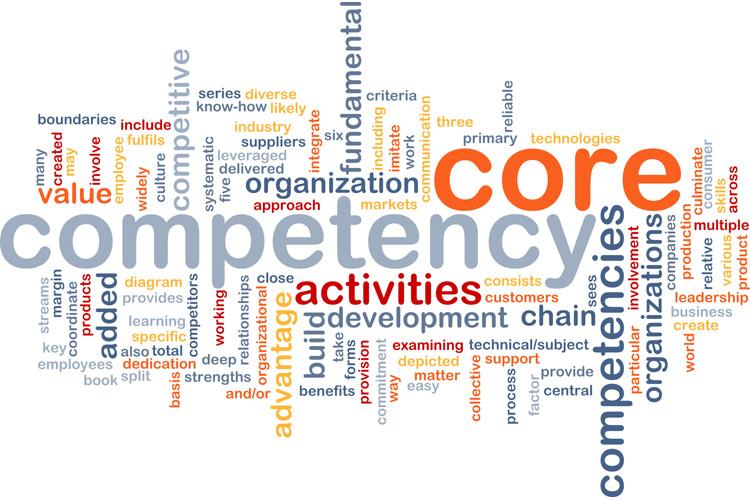Understanding yourself and your skills
Appraising what you are looking for will help guide you towards a more fulfilling job or career path. A clear understanding of your skills and strengths will also help you to build your ‘personal brand’, enabling you to market yourself more effectively to potential employers both on paper – be that CVs, cover letters and/or application forms – and verbally, in interviews and/or at assessment centres.
So where to begin?
There is a whole range of aspects of yourself that you could explore and various ways of generating information about yourself.
Understanding and evaluating skills
Step 1 – Unpacking the skill buzz words
Team working, problem solving, organisation, leadership, initiative, attention to detail – there are so many buzz words out there, but what do they mean on the ground?
In order to demonstrate that you have a particular skill, you first need to understand what it means, and that involves knowing what sort of behaviours and actions are components of that skill.
For example, you would recognise that someone was a good communicator if they:
Researching a job application
Don’t forget to browse the organisation’s website yourself.
Any information you receive should be read through carefully to identify the skills, competencies, knowledge and experience required for the role. Has the employer indicated which of these are essential (E) and which are desirable (D)?
You can then start to think about the evidence and examples that you can provide against these skills to use in your application to demonstrate that you are a good fit for the role. Break the skills down and think about how they would be applied in the context of the role.
Preparing your CV and covering letter
Prospect’s podcast, ‘How to Write an Effective CV’, will help you understand the structure and flow of a CV.
Your aim is to make it as easy as possible for the reader to find evidence that you have the skills and experience they are looking for.
Tips include:
List of key competencies
Business awareness
Knows what we do and how we do it. Is aware of our competitors. Up-to-date with general business news. Aware of developments in the sector. Thinks about implications. Has worked in a commercial setting. Understands the importance of customer satisfaction and shareholder value.
Customer orientation
Identifies and prioritises customer needs and recognises constraints. Seeks to find out more about customers and provide a better service. Adopts professional approach to customers. Is reliable and delivers on promises.
Interview preparation & selection methods
Prospect’s podcast, ‘Preparing for Interview, part 1 of 5’, concentrates on the initial preparation and is also available on this site.
Interviews
Being invited for an interview means that your application has been well received and the employer is now considering hiring you. Converting this possibility into a reality requires careful and through preparation, which can be broken down into a number of steps.
Importance of business networking
Job mobility
Older workers may still recall the job for life, when professional networking helped them rise up the corporate ladder. But today's job market is increasingly fluid. By 2001, half of all employees in the UK had been working for the same firm for only four years or less (Source: ONS). Building relationships is now an important way of creating opportunities in this flexible job market.
Identifying your strengths
A practical exercise to help identify your strengths
Working in pairs, choose an example of a situation or task when you were ‘in the flow’ This could be when:
- You lost track of time
- You were totally immersed in the task or situation
- You felt energised both during and after the event
Put yourself back in the situation and talk your partner through your example so that it comes alive.
Getting that promotion
How to get promoted
Get yourself noticed
You may have impeccable time-keeping and always get your work done, but this doesn't help to raise your profile in the workplace. You need to display passion for the job and a strong work ethic, show that you have leadership qualities and be seen as a team player.












